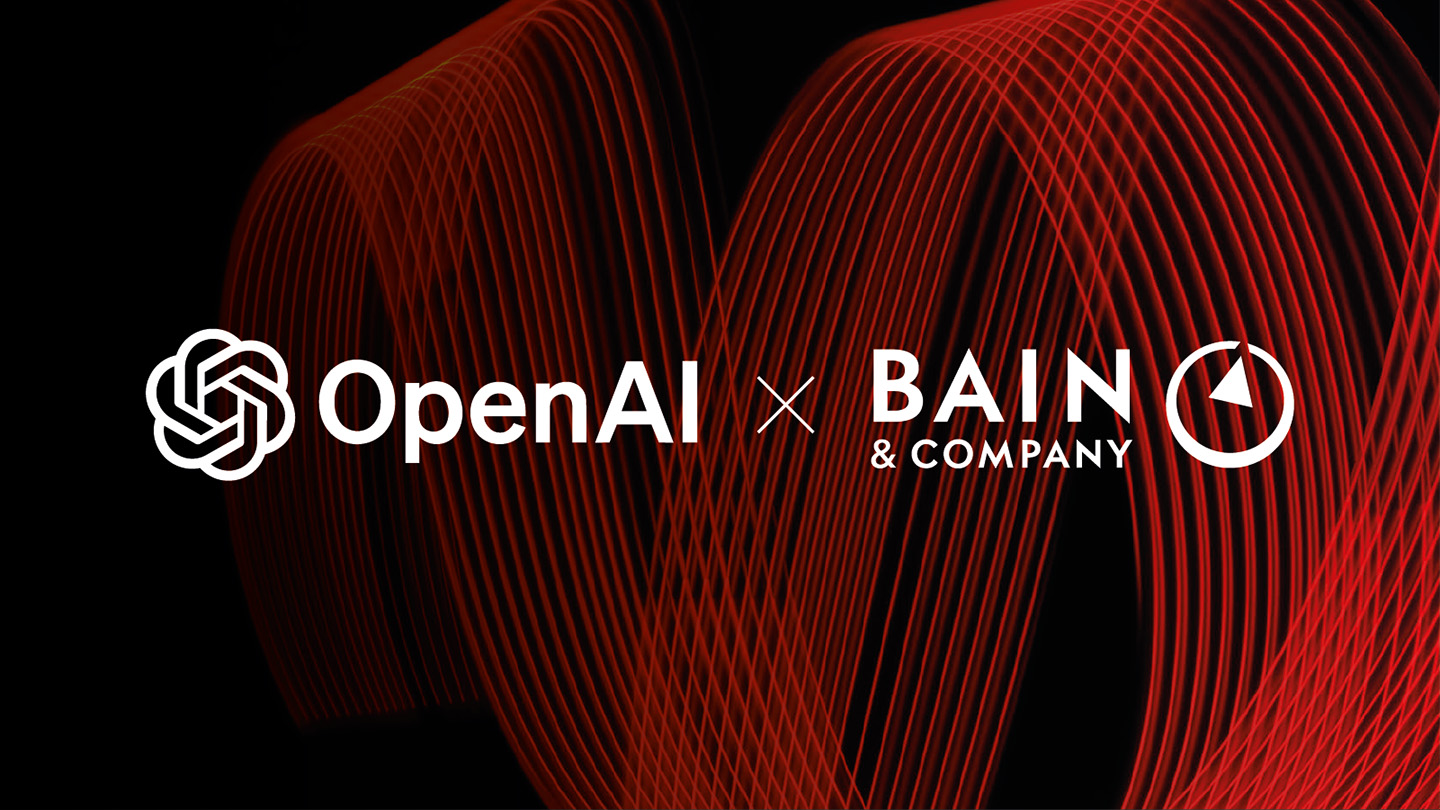Ineloquent rambling alert:
I went to this link:
Historical US Unemployment Rate by Year
I noticed that none of the "Notable Events" impacting the unemployment rate included things like "everyone had to start using computers and a bunch of old people couldn't keep up so they were fired." Employments rates have hovered back and forth around the same rates forever, even when we had so little automation that it was someone's job to run down the hall to hand a handwritten note from one person to another.
Generally speaking, technology makes our lives easier. When we find easier ways to do things, we get to go work on other things. Technology props the human part of work up the value chain. There's lots and lots of ways in which we've made technological advances that could have been feared to put people out of jobs, but have ended up just fine. Anecdotally, a given fast food restaurant seems to me to need the same staff/shift size as it did 20 years ago. Been in a Chick-fil-A lately? They've embraced technology more than almost any other QSR, and they still have like 20 folks behind the counter buzzing around like bees to make it all work. Fast food restaurants have more technology than many ever thought necessary, and yet the worker shortage is still causing early closures, limited menus, etc. Humans are still needed.
It'll enable more things than it "removes." While of course we have to be careful introducing any new technology, there's a very real probability that this ends up being more humanizing to folks in the workforce. A lot of my anecdotes are from the "white collar" perspective, but for example, take one of these hoity toity consulting firms where you have to "cut your teeth" by working 18 hour days putting together slide decks and collating research for bigger partners to come in and steal credit for. If GPT can get that work to the point that it's an hour instead of 18 hours, do you think those firms are suddenly going to hire less college grads? Nope. Because many advancements have already made that easier (like "the Internet") and it hasn't happened thus far. I think they'll divert them to something where they can better use their smarts to help the company and provide value. Or, more likely, they'll have them collate 18 presentations in 18 hours instead of 1 presentation, and make 18x sales pitches than they usually do... and make 18x the money, help their customers 18x as much, which in turn provides 18x to the economy, etc.
We make fun of "AI compliance officer" and whatnot (and that sounds like a brutally boring job to me personally). But also... there are more than 4.4m software developers in the US. A job that virtually didn't exist 70 years ago. People adapt to their surroundings. "Maybe we'll get to the point where AI controls everything and at that point we need UBI." Nonsense (IMO). Define "everything." "Everything" in 1950 was like... nothing compared to today. We like to work. We will find more things to work on. Someone has to direct the AI in the direction of human value/interests. We are so far removed from a completely automated economy at this point it's only a thought experiment. Fine, we don't have housekeepers as often because we have Roombas. Who builds the Roombas? Oh, ok, now it's 2045 and we've figured out a way for AI to completely build the Roombas without humans. Where does it get the raw material? Etc. Oh cool, it's 2075 and now the mining industry is completely automated? Good thing the entire world has ascended to a level of technological wizardry that instead of software developers there are 4.4m people doing a job that I can't even make up for purposes of an example right now because it's so foreign to our current sensibilities. The world has a lot for people to work on. Technology/AI just helps to redefine (forgive the term) the "bitch work" and move human actions up the value chain.
As a related aside, we talk about the economy in "era-adjusted" terms and focus a lot on equity (which is a worthy focus), but in absolute terms things like this make everyone's lives better. A lower-middle class citizen in the US today might as well be George Jetson to a rich guy in 1970 in a lot of ways. To use the hockey analogy, we focus a lot on comparing whether Alexander Ovechkin is "better" than Gordie Howe, without acknowledging that if you actually put them on the ice together Ovechkin would score 824 goals per game.

